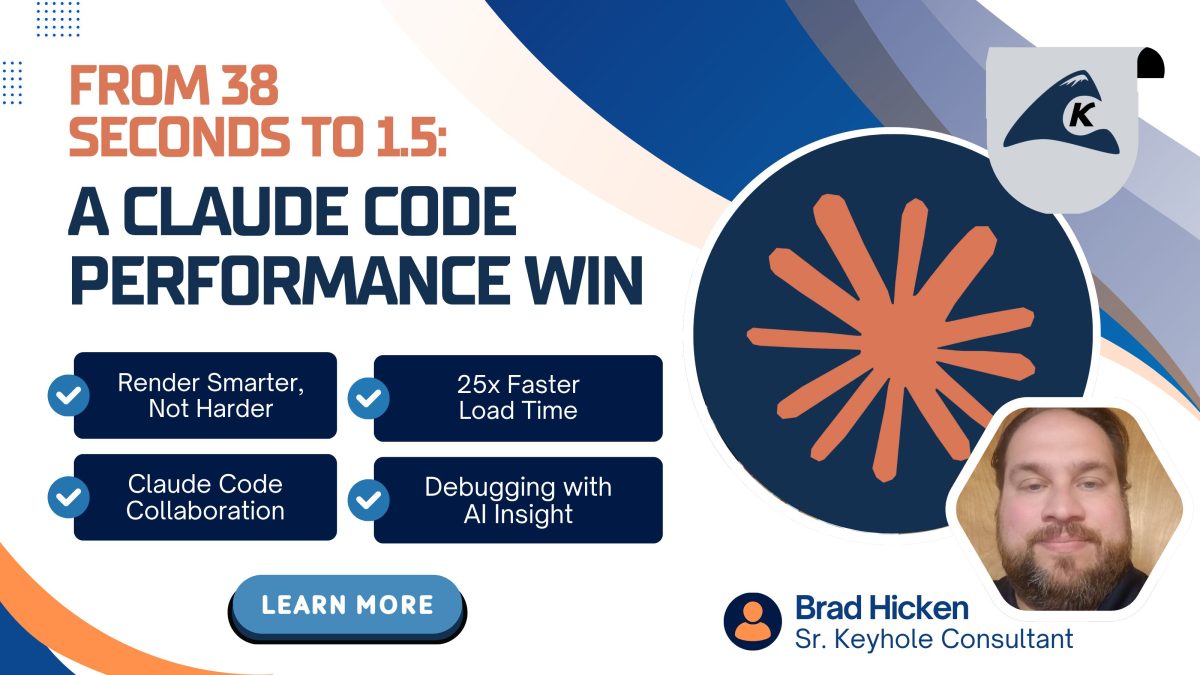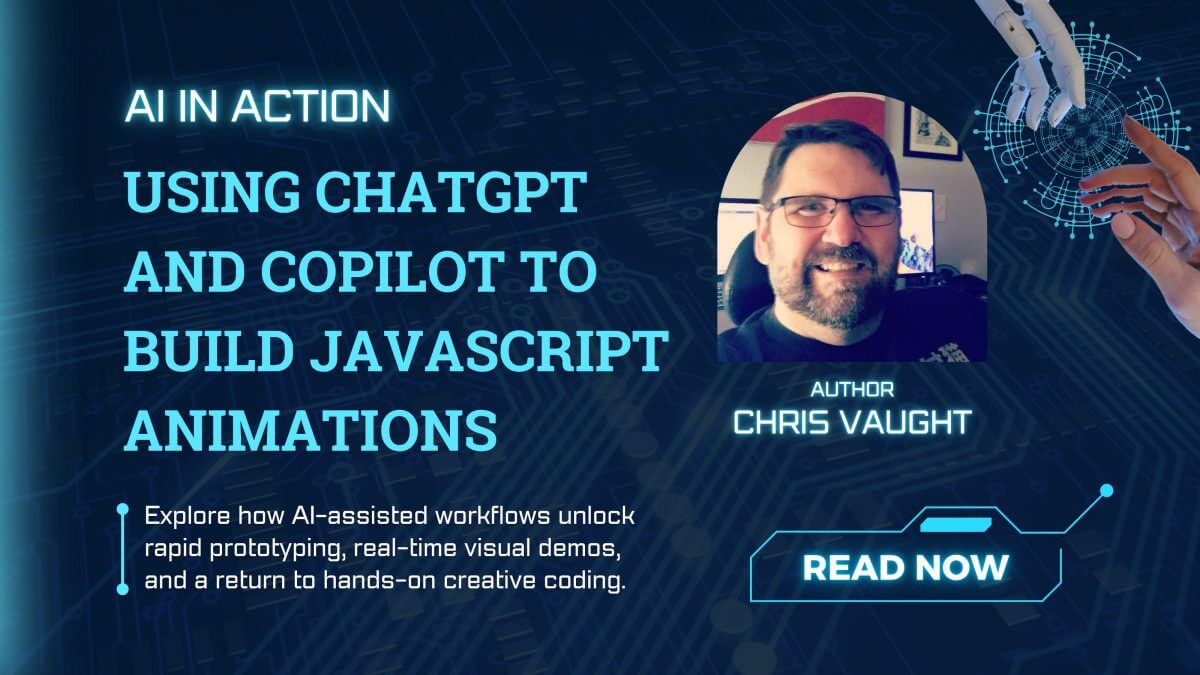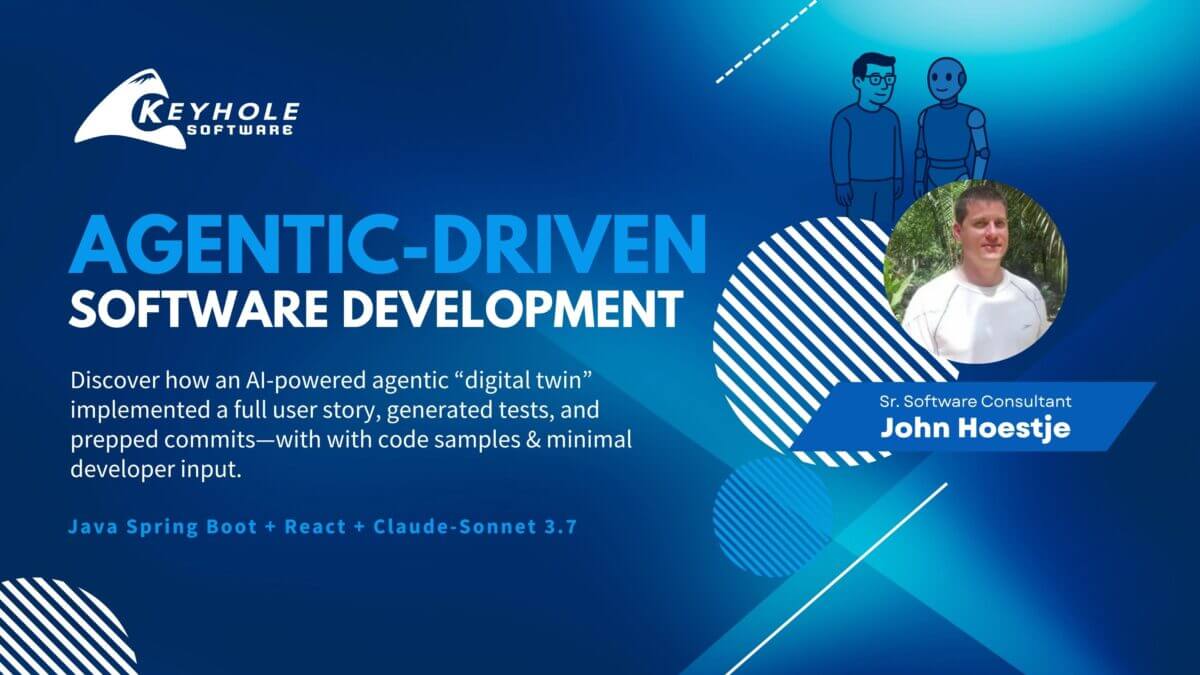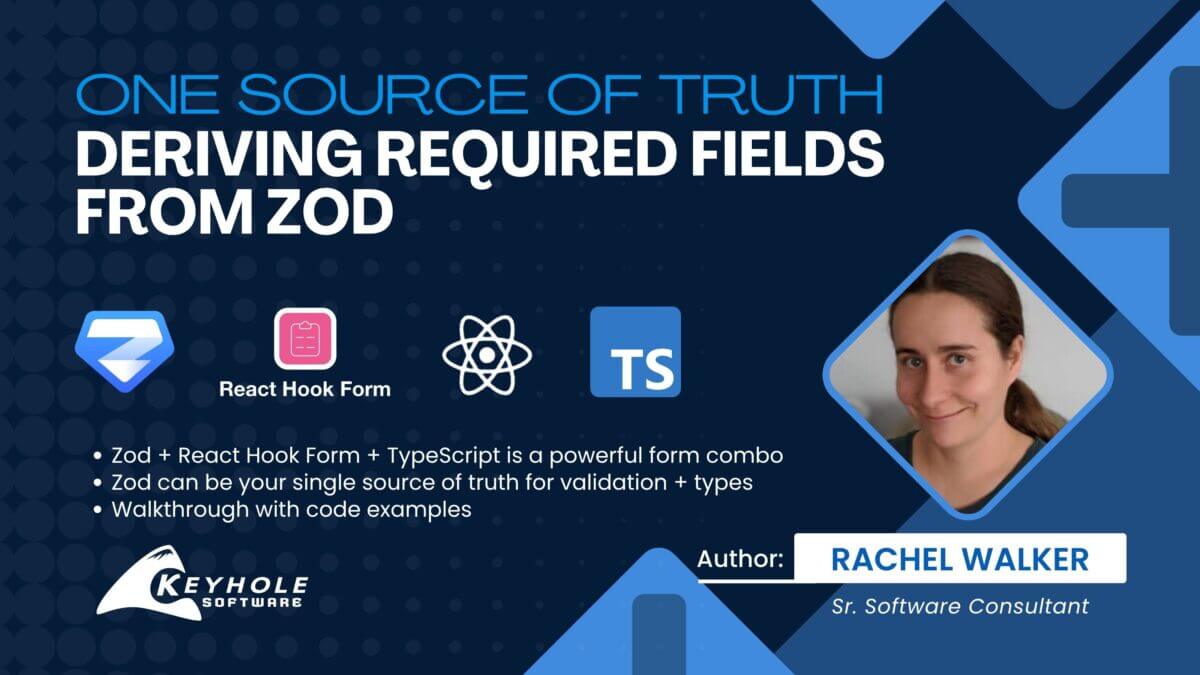A sluggish ASP.NET page with 3,850 checkboxes was taking 38 seconds to load. By collaborating with Claude Code and shifting to client-side rendering, load times dropped to just 1.5 seconds — a 25× performance boost. Here’s how AI-assisted refactoring transformed the page and the development process.
AI in Coding: Using ChatGPT and Copilot to Build JavaScript Animations
Artificial intelligence isn’t just changing how we write code—it’s transforming how we think about creativity in development. In this post, I revisit the playful spirit of early programming through a series of AI-assisted experiments using ChatGPT, GitHub Copilot, and JavaScript Canvas on CodePen. Along the way, I uncover practical lessons for developers on using AI to accelerate learning, inspire exploration, and rekindle the joy of creative coding…
Meet Payload: Code-First CMS Built for Modern JavaScript Apps
Tired of forcing a legacy CMS into your sleek React stack?
Payload flips the script with a dev-first approach that feels native to modern JavaScript environments. While traditional platforms prioritize marketers, Payload is built for engineers—especially those working in full-stack TypeScript apps with frameworks like Next.js and React….
How I Built a Developer Digital Twin with Agentic AI (And What It Got Right & Wrong)
This post walks through a hands-on experiment in agentic development using an AI-powered digital twin embedded in the IDE. See how a single, well-structured prompt enabled the agent to implement a real user story, generate behavioral tests, and prepare Git commit documentation—with minimal developer input. Includes real-world code samples, implementation insights, and a candid look at what worked, what didn’t, and where human oversight is still essential.
One Source of Truth: Deriving Required Fields from Zod
TL;DR: Struggling to keep form validation and UI in sync in your React app? Here’s how I used Zod and React Hook Form together to define a single source of truth—driving both runtime validation and required field indicators in the UI. The Problem: When Validation Drifts from UI I’ve been writing forms for as long as I’ve been writing code—and …





